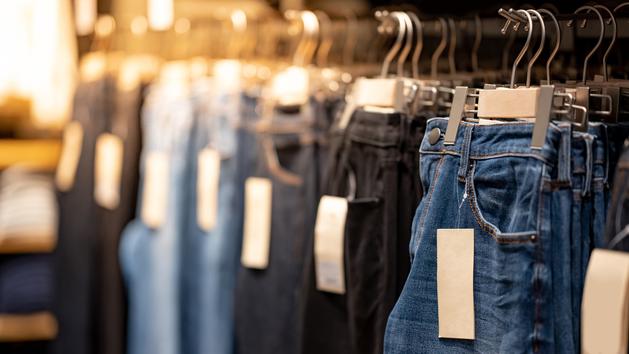Social VAT, an old sea snake, is resurfacing today by being presented as a relocation weapon. Regularly brandished, it has never been implemented because of its consequences on purchasing power ... One of the most striking episodes on the subject dates back to 2007. While Nicolas Sarkozy has just won the Presidential election, the right already sees easily winning the legislative ones which are held one month after. The evening of the first round, Jean-Louis Borloo evokes the hypothesis of a social VAT on a television set. The Socialists jump at the opportunity and make it the essential subject of the campaign. The right will lose a few dozen seats, Jean-Louis Borloo will be exfiltrated from the Economy for the Environment and social VAT will not be…
Read also: Industry: France facing the challenge of relocation
Social VAT consists in modifying the financing of social protection: on the one hand, reducing employer contributions (and possibly salary contributions), and on the other hand increasing the rate of VAT by allocating the corresponding tax revenues to the social security budget. As a result, part of the financing of social protection is made through consumer spending, and no longer by direct deduction from companies and employees. In other words, it restores competitiveness to French companies and products in sectors exposed to international competition, while, comparatively, it increases the cost of imported products, whose companies do not benefit from the reduction in employer contributions. .
"A virtuous circle"
The problem is that the French consume a lot of these imported products. According to the latest data from INSEE, "made in France" represents only 36% of household consumption of manufactured goods. This means that 64% of the products (IT, electronics, etc.) purchased by the French are produced outside our borders. The implementation of a social VAT could therefore have a significant impact on the purchasing power of the middle classes and the most disadvantaged. Because VAT is also an indirect tax, affecting each consumer in the same way regardless of their income level - unlike direct tax, such as income tax or CSG, which is based on a progressive scale.
Read also: "France must focus on high-tech production relocations"
Some parliamentarians from the majority are nevertheless putting this device on the table today, given the success it has had in certain countries, notably the Nordic ones. " It's not enough to say that we want to reindustrialize, " says Sylvain Maillard, MP for Paris, according to whom social VAT is " a virtuous circle " because it allows " to be competitive, to raise wages, to create jobs ”. For him, " it's as if we put customs duties on French companies today, while imports do not finance our social model, at a time when we need more and more needs ".
Bercy has, for the time being, dismissed this scenario. According to the Minister of the Economy, Bruno Le Maire, there is no question of increasing any tax for the moment.









